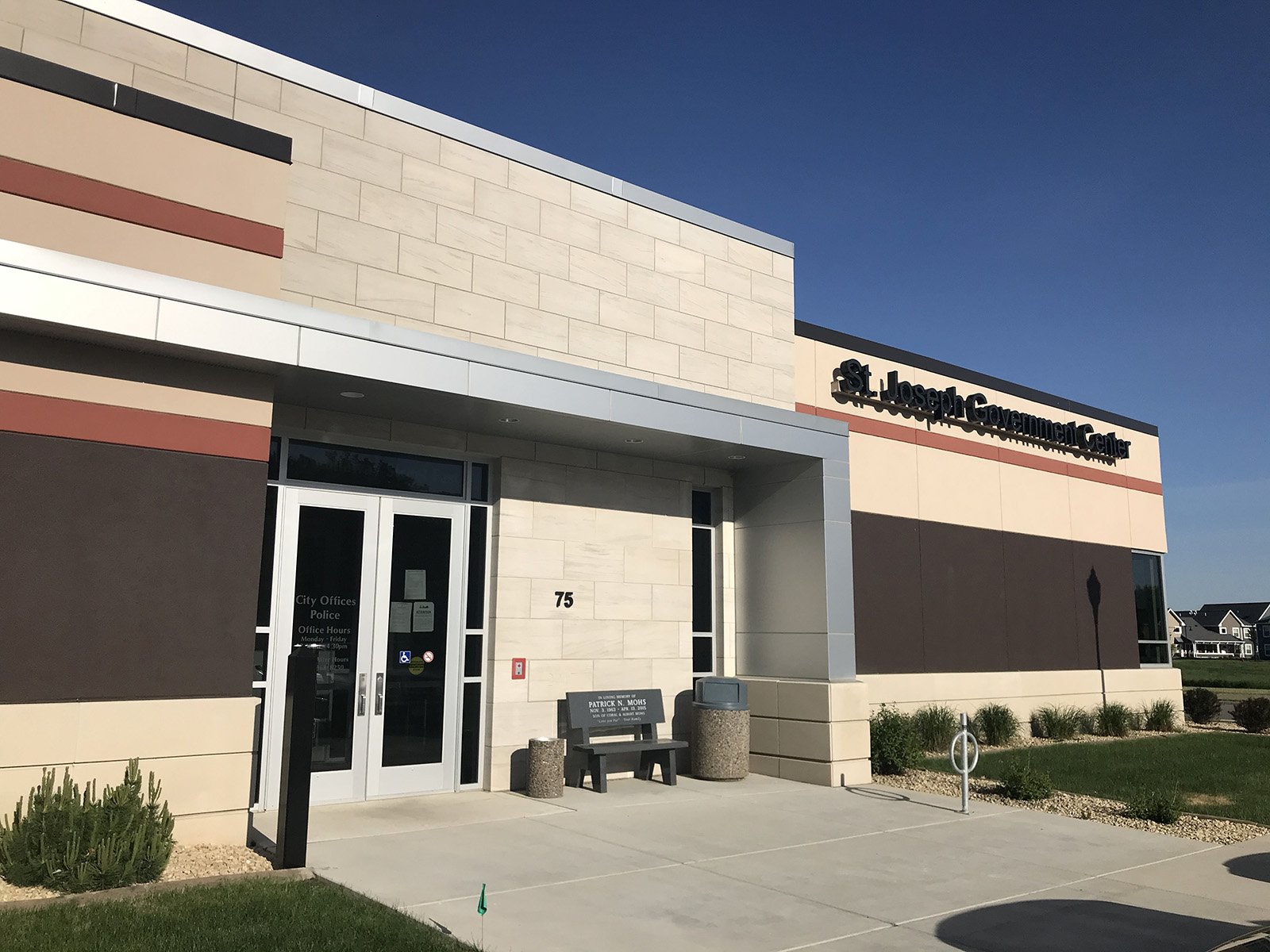Property taxes are proposed to decrease for some residences in St. Joseph next year in spite of a 2 percent increase in the total levy figure. In 2021, residents will see a 3 percent decrease in the urban tax rate.
The city will levy a total of $2,957,875 in property taxes in 2021, up about $65,000, or 2 percent, from 2020. While the tax rate is estimated to drop from 62.55 to 59.16, the taxable market value for city residences is expected to increase 6.5 percent, according to Finance Director Lori Bartlett. That means an urban home with a taxable market value of $150,000 could see about a $5 increase if the home’s valuation increases 6.5 percent. Otherwise, the estimated effect of the tax rate decrease on an urban home valued at $150,000 would be a decrease of $42.85.
If adopted later this year, the proposed levy would generate $1,697,795 in revenue for the general fund, nearly $33,000 more than the current year. The levy will also generate $98,905 for the city’s Economic Development Authority, $30,000 for parks, and $78,915 for general equipment.
With the levy, the council also set the city’s proposed 2021 budget. The city expects to spend $4,122,315 in the coming year, including $875,500 toward the repayment of bonds. The city’s total expenses are projected to exceed total revenues ($4,100,000), which would result in a deficit of $22,315.
Along with property taxes, one of the city’s biggest funding sources is Local Government Aid. This year, the city budget was also boosted by its share of CARES Act funding, distributed by the state of Minnesota. Local governments receive a direct payment based on the per-capita formula developed by the Legislature during the special session. Cities with more than 200 people will receive $75.34 per person, which works out to $551,340 for St. Joseph. The CARES Act requires payments may only be used to cover costs that are necessary expenditures incurred because of the public health emergency, so these funds were not accounted for in the most recent city budget.
The final tax levy won’t be adopted until December, but cities must adopt proposed levies by the end of September in order for the county auditor to prepare estimated property tax statements for the coming year. The city will have a truth-in-taxation hearing, where residents can voice concerns or ask questions about their proposed city property tax bill. It’s set for 6 p.m. Monday, Dec. 7, at city hall.




